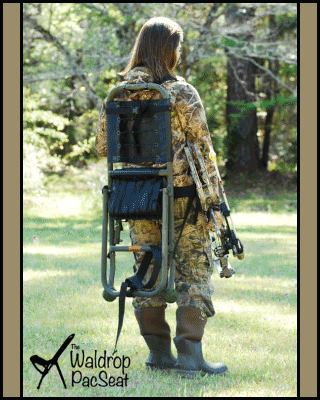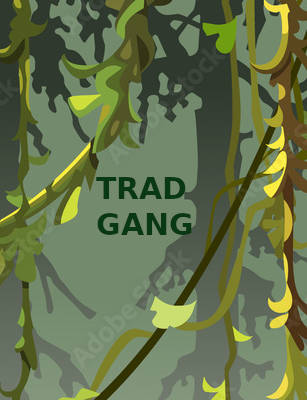Will Henry Thompson is the author of this poem. He took part in Pickett’s Charge on July 3, 1863. He also served in the Fourth Georgia. His poem, " The High Tide at Gettysburg," describes the battle at Gettysburg from the perspective of a Southerner.
Yesterday I walked the 150th anniversary of Pickett's charge with thousands of people.
For those of you who are unfamiliar with Will Thompson:
"Will was born in Missouri and taken to Calhoun, Georgia with his brother, by his parents, Grigg and Diantha, Will Henry Thompson grew up in the foothills of the Cherokee Valley, living beside the "beautiful and scenic Coosawattee River." Both Will and his older brother Maurice learnt to hunt and fish, and eventually learned to use a longbow, thus leading to their toxophilitic nature (lovers of the bow and the art of archery). They both had a classical education, taught by their mother and live-in tutors, and both enjoyed reading and writing.
They lived a content, carefree existence, hunting, fishing, and "galloping around the country," but there easy, hard working life was not to last. The threat of this new war loomed and Maurice, at 17, joined the army of the Confederacy, followed by his father and lastly, his brother Will Henry. Thompson served in the 4th Georgian Infantry, and served in the Confederate army throughout the War."
I was wearing one of John Kabisa's Bear Archery of Detroit shirts, and struck up conversations with several re-enactors from Michigan. I chose to commemorate the occasion with members of Kemper's brigade, and we met up with the Vermont and New York "soldiers" at the end of the "charge."
After walking the footsteps of Will Thompson that day, it made me reflect on why the Thompson brothers chose to "smelt the guns" and pick up the bow.




















